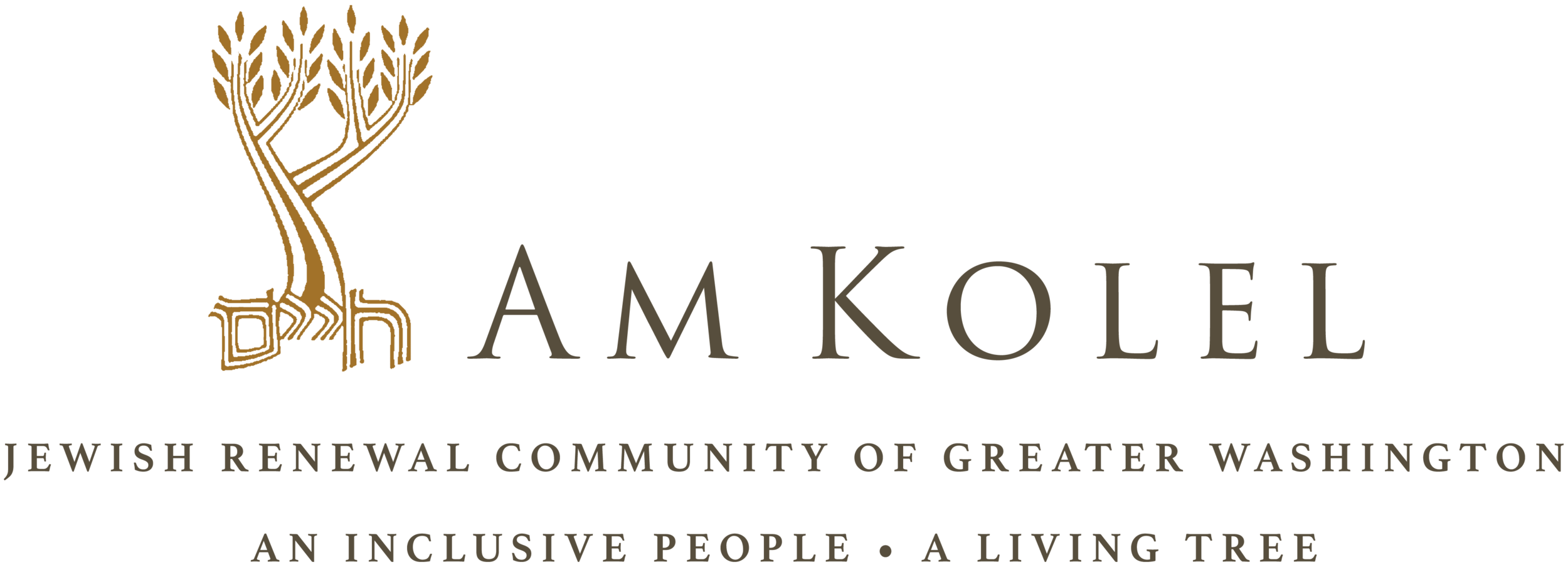I offered the following message today, March 16, at the Taanit Tzibor Gathering across the street from the Russian Federation Embassy. A little over 100 people came out.
I offered the following message today, March 16, at the Taanit Tzibor Gathering across the street from the Russian Federation Embassy. A little over 100 people came out.
"Welcome. Thank you all for taking time today to be here. Across Wisconsin Ave. is an embassy whose leaders are guilty of heinous crimes against the people of Ukraine. Millions of Ukrainians, 1/2 of them children, are displaced, homeless refugees. Many have been killed. This embassy desecrates the soil of this city and the soul of the Russian people it is supposed to represent.
How many of us have roots in Ukraine? We remember Berditchev, Zhytomir, Uman, Medzhiboz, Mezeritch, Odessa, Lemberg or Lviv. Add your ancestors' shtetlach and cities to Kay's poster board. We are Ukrainians!
After WWI we recall the creation of the Ukrainian People's Republic (1917-1920). Yiddish was declared a state language, along with Ukrainian and Russian. At that time, the Jewish National Union was created and the community was granted an autonomous status. Yiddish was used on Ukrainian currency during this time. About 1/3 of the urban population was Jewish. The Holocaust changed that.
We have come here today to to raise our voices in prayer for the courageous people of Ukraine and their leaders, especially Volodymr Zelenskyy, our Jewish brother. We want to make it clear that we stand with the Ukrainian people. We raise our voices with them. Slava Ukraini, Heroyam Slava!
We stand with you against this terrible evil.
We stand with you. Anachnu Nitzavim Imkhem.
We stand here with you. SAY WITH ME. Slava Ukraini, Heroyam Slava! Glory to Ukraine. Glory to its heroes.
We stand you with against this modern day Haman.
Today we are here as representatives of the Jewish people of America. Mir Zeynen Do. Hineni. Today many of us are fasting. Rabbi Gilah Langner will now speak about that."
This weeks parsha elaborates on the offerings that were made in ancient times to bring the people closer to God. Today we also think more seriously about what we need to do in order to express our gratitude for life and to address those needs in our society. Our hearts are lifted by the many acts of loving kindness to the refugees in the countries that are receiving them.
Chag Purim Sameach,
Reb David
